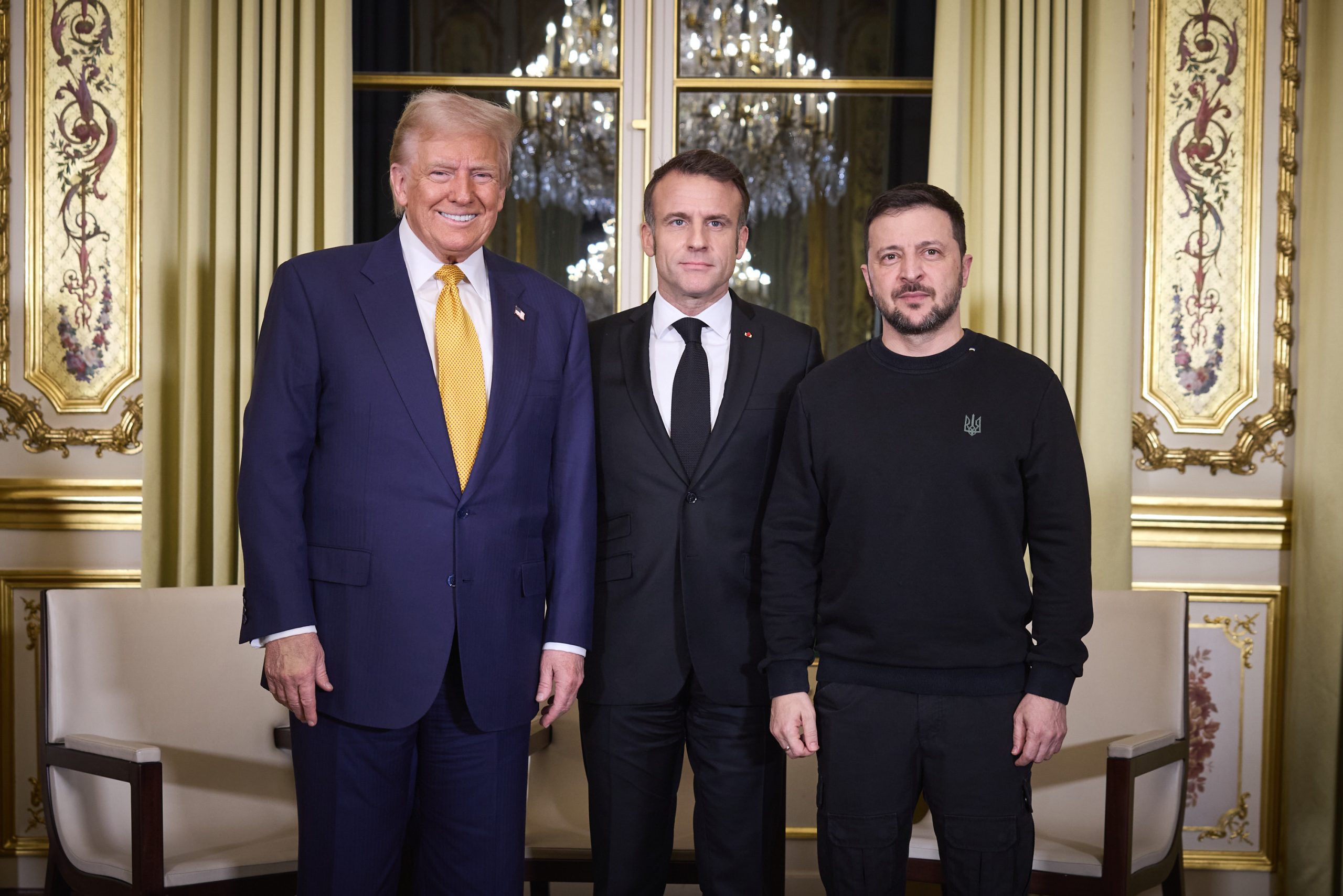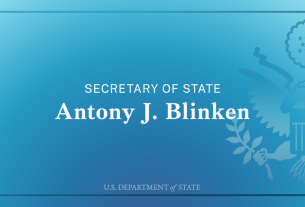High‑level talks between U.S. and Ukrainian officials took place in Switzerland over the weekend, following revelations that Russia and the White House had secretly drafted a 28‑point peace plan. The proposal, widely reported in international media, has drawn criticism for being overly favorable to Moscow, raising concerns about its implications for Ukraine’s sovereignty.
A Controversial Proposal
The leaked plan outlines potential steps toward ending the war but has been described by analysts as “pro‑Russian in tone”, with concessions that could weaken Kyiv’s negotiating position. European leaders have voiced unease, warning that any settlement must not legitimize territorial changes imposed by force.
Zelensky’s Balancing Act
President Volodymyr Zelensky is said to be navigating a delicate diplomatic path — maintaining a cordial relationship with U.S. President Donald Trump while firmly defending Ukraine’s sovereignty. Observers note that Zelensky’s challenge lies in keeping Washington engaged as a strategic ally without appearing to compromise on Ukraine’s independence or territorial integrity.
Strategic Context
The Geneva talks underscore the fragile state of international diplomacy surrounding the conflict. While Washington seeks to position itself as a broker, critics argue that excluding broader European input risks undermining the legitimacy of any eventual deal. The controversy highlights the tension between geopolitical pragmatism and the principle of self‑determination.
Outlook
As negotiations continue, Ukraine faces mounting pressure to balance domestic expectations, Western alliances, and battlefield realities. The Swiss talks mark another pivotal moment in the search for peace, but the debate over the 28‑point plan illustrates how difficult it will be to craft an agreement that satisfies all sides while safeguarding Ukraine’s sovereignty.
Sources: Al Jazeera · DW · Euractiv · Politico Europe · Reuters



